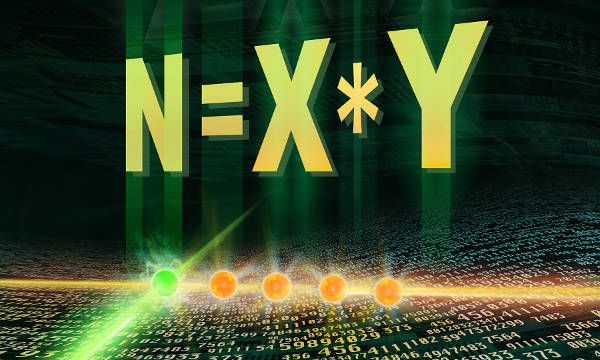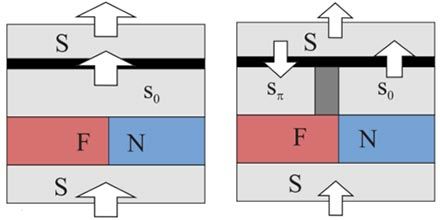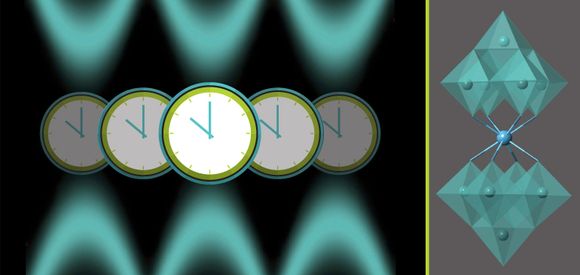Archive for the ‘computing’ category: Page 818
Mar 17, 2016
Remarkable nanowires could let computers of the future grow their own chips
Posted by Karen Hurst in categories: computing, engineering, materials, mobile phones, nanotechnology, particle physics, robotics/AI
Now, we’re hitting Terminator mode with this.
If you’re worried that artificial intelligence will take over the world now that computers are powerful enough to outsmart humans at incredibly complex games, then you’re not going to like the idea that someday computers will be able to simply build their own chips without any help from humans. That’s not the case just yet, but researchers did come up with a way to grow metal wires at a molecular level.
At the same time, this is a remarkable innovation that paves the way for a future where computers are able to create high-end chip solutions just as a plant would grow leaves, rather than having humans develop computer chips using complicated nanoengineering techniques.
Continue reading “Remarkable nanowires could let computers of the future grow their own chips” »
Mar 17, 2016
New Physics Research Findings Reported from Hitachi (Quasi-Adiabatic Quantum Computing Treated with c-Numbers Using the Local-Field Response)
Posted by Karen Hurst in categories: computing, quantum physics
More insights on a more controlled Quantum.
By a News Reporter-Staff News Editor at Physics Week — New research on Physics Research is the subject of a report. According to news reporting from Tokyo, Japan, by VerticalNews editors, the research stated, “A computational method called the local-field response method is proposed, where spins evolve by responding to an effective field consisting of gradually decreasing external fields and spin-spin interactions, similarly to what is carried out in adiabatic quantum computing (AQC). This method is partly quantum-mechanical.”
Mar 17, 2016
Rapid Superconducting Memory Cell Control System Developed
Posted by Karen Hurst in categories: computing, information science, materials, quantum physics
“With the operational function that we have proposed in these memory cells, there will be no need for time-consuming magnetization and demagnetization processes. This means that read and write operations will take only a few hundred picoseconds, depending on the materials and the geometry of the particular system, while conventional methods take hundreds or thousands of times longer than this,” said the study author Alexander Golubov, the head of Moscow Institute of Physics and Technology (MIPT)’s Laboratory of Quantum Topological Phenomena in Superconducting Systems.
Golubov and colleagues at Moscow State University have proposed creating basic memory cells based on quantum effects in superconductor “sandwiches.” Superconductors were predicted in the 1960s by the British physicist Brian Josephson. The electrons in these “sandwiches,” called “Josephson junctions,” are able to tunnel from one layer of a superconductor to another, passing through the dielectric like balls passing through a perforated wall.
Today, Josephson junctions are used both in quantum devices and conventional devices. For example, superconducting qubits are used to build the D-wave quantum system, which is capable of finding the minima of complex functions using the quantum annealing algorithm. There are also ultra-fast analogue-to-digital converters, devices to detect consecutive events, and other systems that do not require fast access to large amounts of memory. There have also been attempts to use the Josephson Effect to create ordinary processors. An experimental processor of this type was created in Japan in the late 1980s. In 2014, the research agency IAPRA resumed its attempts to create a prototype of a superconducting computer.
Continue reading “Rapid Superconducting Memory Cell Control System Developed” »
Mar 17, 2016
We should be more afraid of computers than we are – video
Posted by Scott Davis in categories: computing, food, information science, robotics/AI
Specifically, artificially intelligent computers…
As sophisticated algorithms can complete tasks we once thought impossible, computers are seeming to become a real threat to humanity. Whether they decide to pulp us into human meat paste, or simply make our work completely unnecessary, argues technology reporter Alex Hern, we should be afraid of computers.
Mar 16, 2016
Using machine learning to rationally design future electronics materials
Posted by Sean Brazell in categories: computing, information science, materials, particle physics, robotics/AI, singularity, solar power, sustainability
Even if we don’t create a true AI for a thousand years, these algorithms, pared with our exponentially increasing computing power, could have much of the same effect on our civilization as the more traditional, AI-centric type Singularity. Very, very soon.
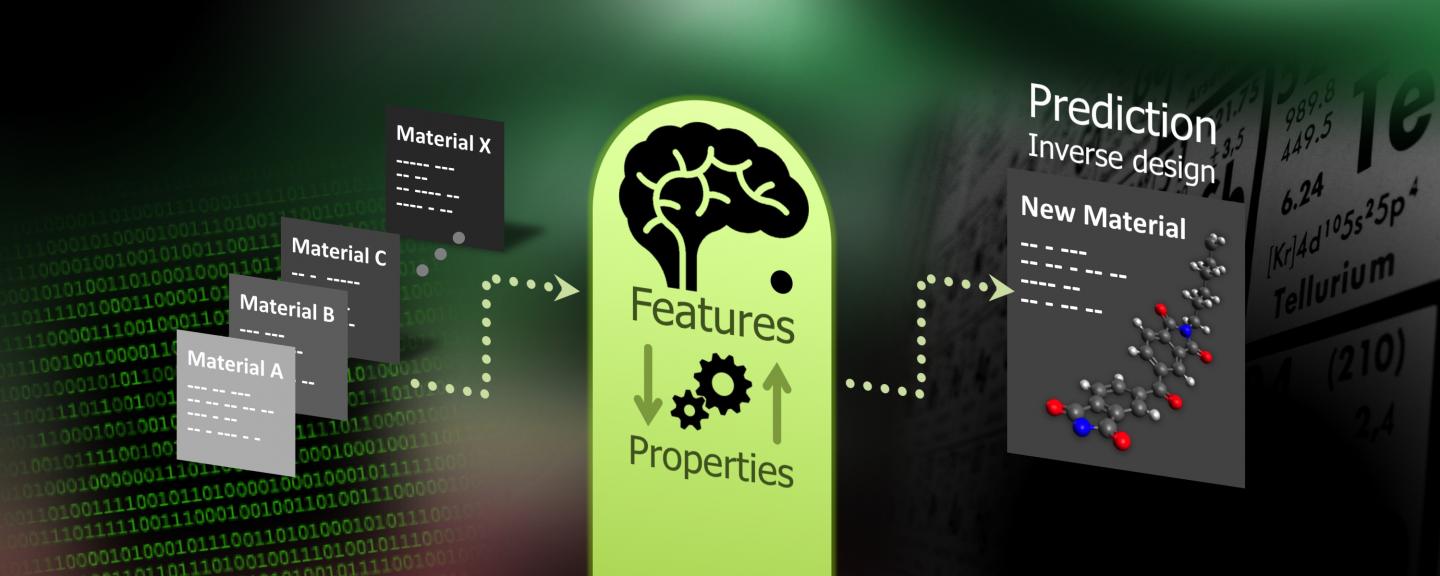
Replacing inefficient experimentation, UConn researchers have used machine learning to systematically scan millions of theoretical compounds for qualities that would make better materials for solar cells, fibers, and computer chips.
Continue reading “Using machine learning to rationally design future electronics materials” »
Mar 16, 2016
This powerful headset can switch between virtual and augmented reality on the fly — you need to see it in action
Posted by Karen Hurst in categories: augmented reality, computing, mobile phones
You may have never heard of AMD, but you’ve almost certainly used products powered by the company’s technologies.
AMD, or Advanced Micro Devices, is one of the biggest chipmakers in the world. The 46-year-old California company makes computer chips and all the related tech needed to power applications on PCs, smartphones, tablets, and more.
On Monday, AMD surprised everyone with its newest initiative: The Sulon Q, built out of a partnership with Ontario-based Sulon Technologies.
Mar 16, 2016
This new discovery could put quantum computers within closer reach
Posted by Karen Hurst in categories: computing, quantum physics
Maybe someone saw the article on the team in Australia who solved this issue last month; glad folks are collaborating more in this space because we all win when we do.
One of the obstacles that have kept quantum computers on the distant horizon is the fact that quantum bits — the building blocks with which they’re made — are prone to magnetic disturbances. Such “noise” can interfere with the work qubits do, but on Wednesday, scientists announced a new discovery that could help solve the problem.
Specifically, by tapping the same principle that allows atomic clocks to stay accurate, researchers at Florida State University’s National High Magnetic Field Laboratory (MagLab) have found a way to give qubits the equivalent of a pair of noise-canceling headphones.
Continue reading “This new discovery could put quantum computers within closer reach” »
Mar 16, 2016
The power to heal: tiny generator could repair damaged brains, and give soldiers an edge
Posted by Karen Hurst in categories: biotech/medical, computing, materials, nanotechnology, neuroscience
Chinese scientists have developed a nano-sized electric generator that can disappear without a trace inside the human body over time, a breakthrough they claim will bring biodegradable implants on microchips closer to reality.
The technology, reported on the latest issue of Science Advances journal, will have a wide range of applications as it can generate electric pulses to repair damaged neurons and power “brain chip” implants for soldiers in the future, pundits said.
At present, most implants must be surgically removed at the end of their lifespan. To address this issue, a number of small electric devices made from biodegradable materials that can absorbed by the human body after use have been developed around the world.
Mar 16, 2016
The revolutionary chipmaker behind Google’s project Tango is now powering DJI’s autonomous drone
Posted by Klaus Baldauf in categories: business, computing, drones, mobile phones, robotics/AI, virtual reality
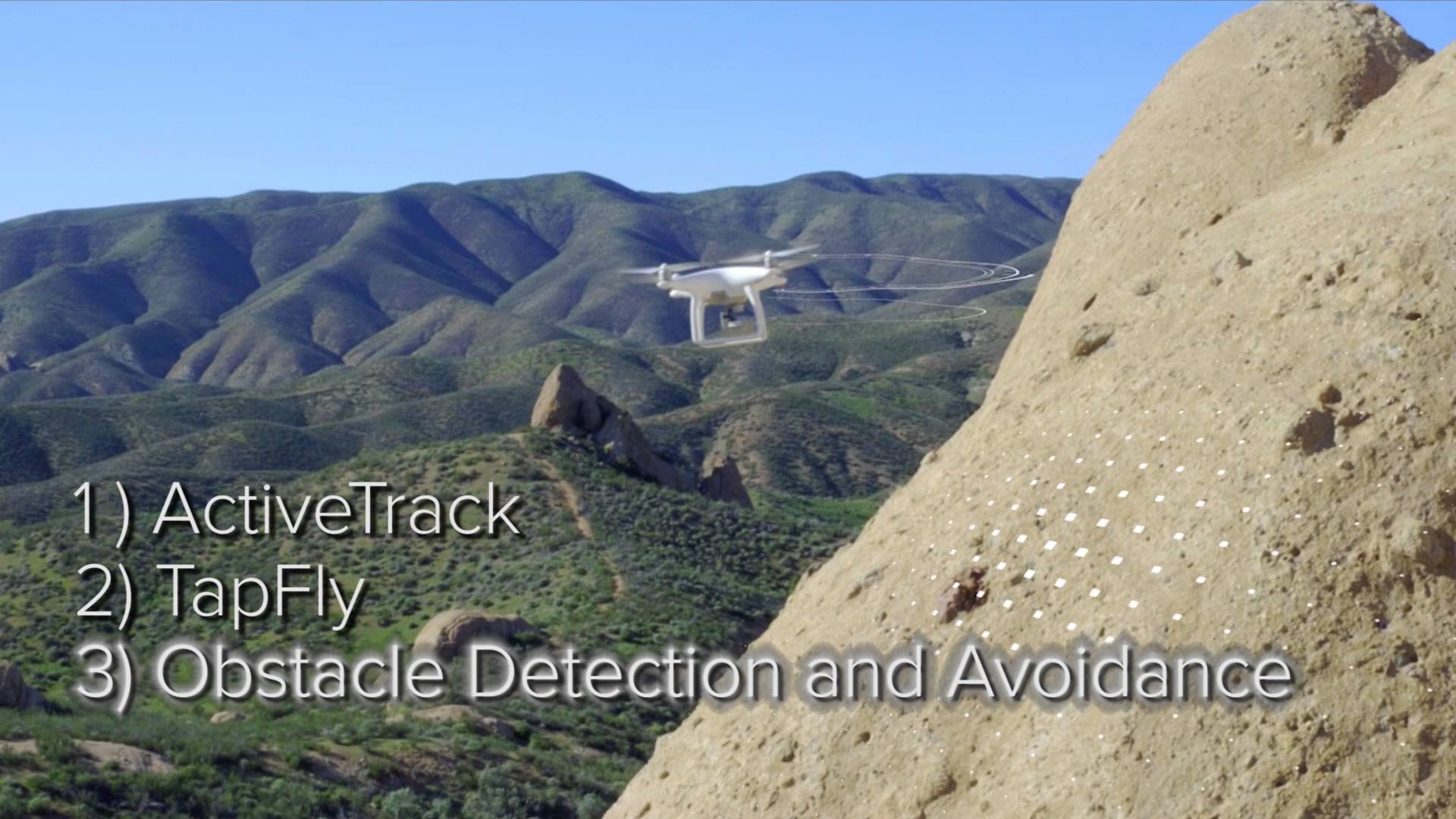
https://youtube.com/watch?v=hX0UELNRR1I
A few weeks ago DJI unveiled its newest drone, the Phantom 4, the first craft to offer robust obstacle avoidance at a price the average consumer can afford. It relied on computer vision to power its autonomous flight, and since DJI had shown off this kind of tech before, we assumed that all the hardware on the Phantom 4 was homegrown, or backed by a giant like Intel. But today the chipmaker Movidius announced that its latest offer, the Myriad 2, was at the center of the onboard processor powering the Phantom 4’s incredible new abilities.
As it turns out this isn’t the first time Movidius has partnered with a big name to develop cutting edge technology. Back in 2014 its first chip, the Myriad 1, was revealed as the brains inside of Google’s first generation of Project Tango tablets. After a decade toiling in relative obscurity, the small 125 person company is suddenly poised to emerge as a leader at the intersection of several major markets — from drones to phones to virtual reality — which are looking for ways to enable cheap, power-efficient computer vision.
